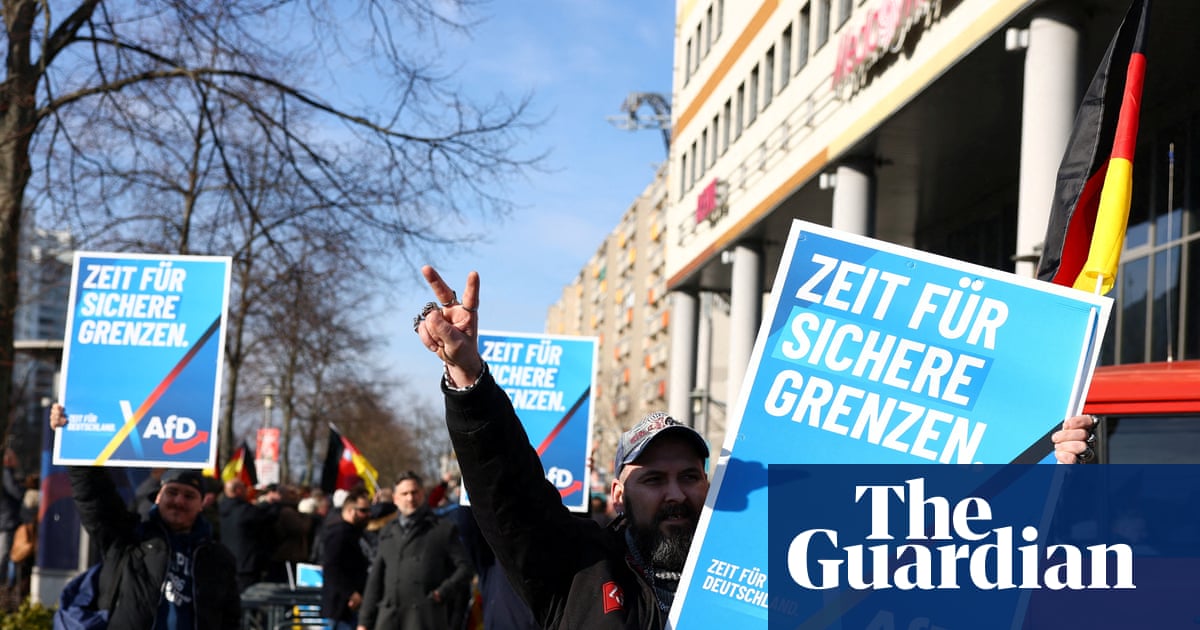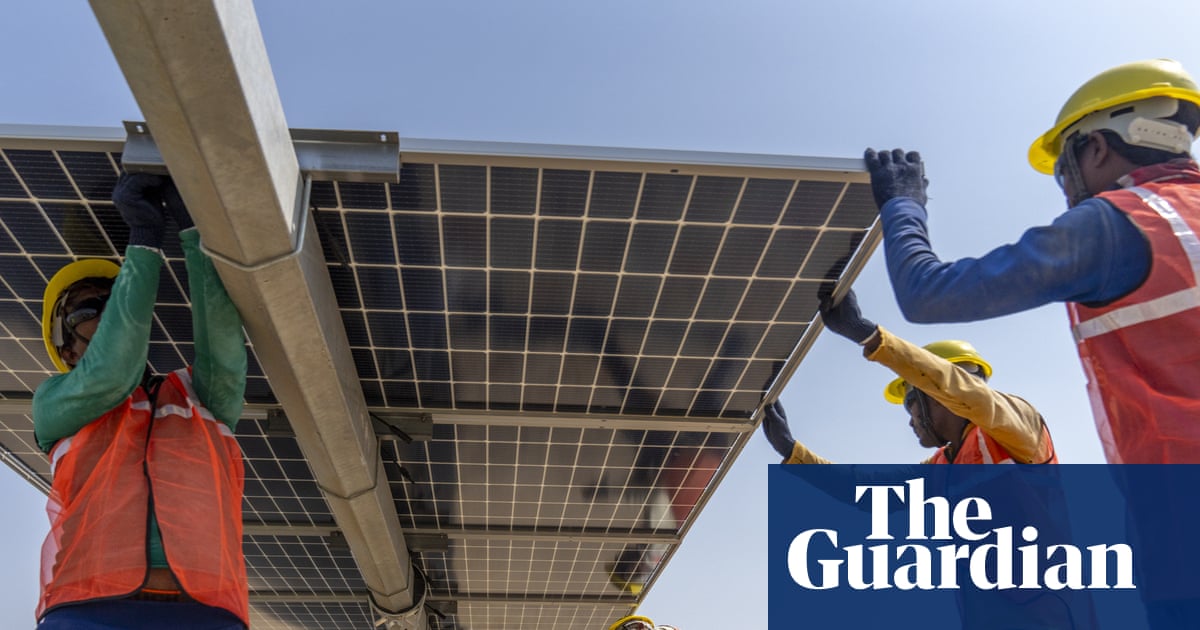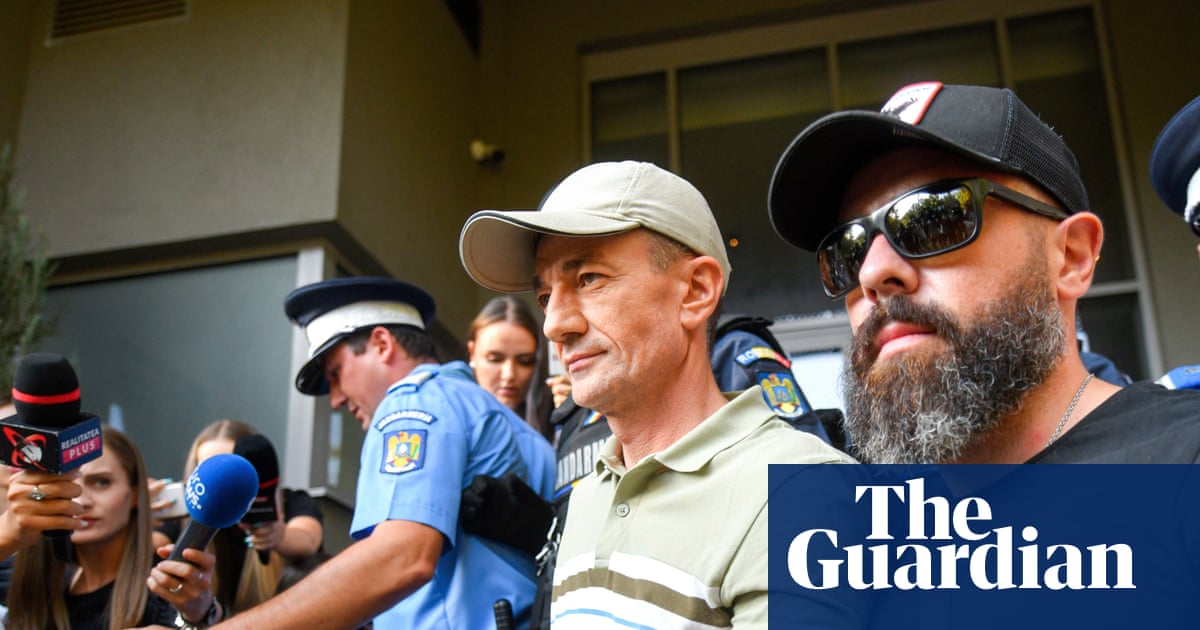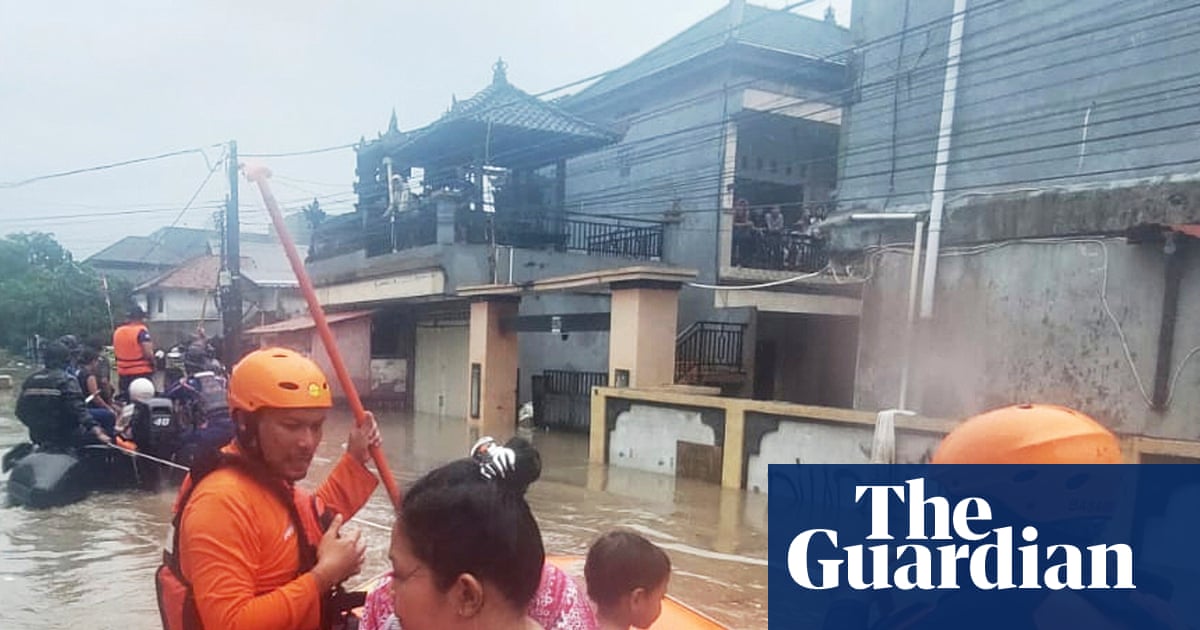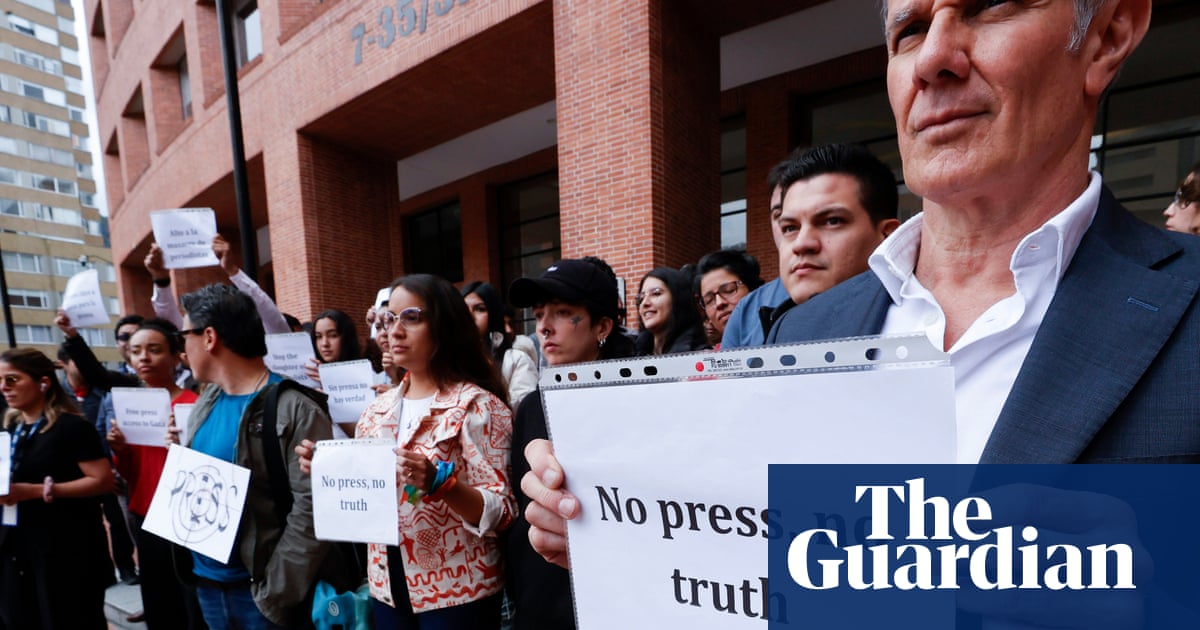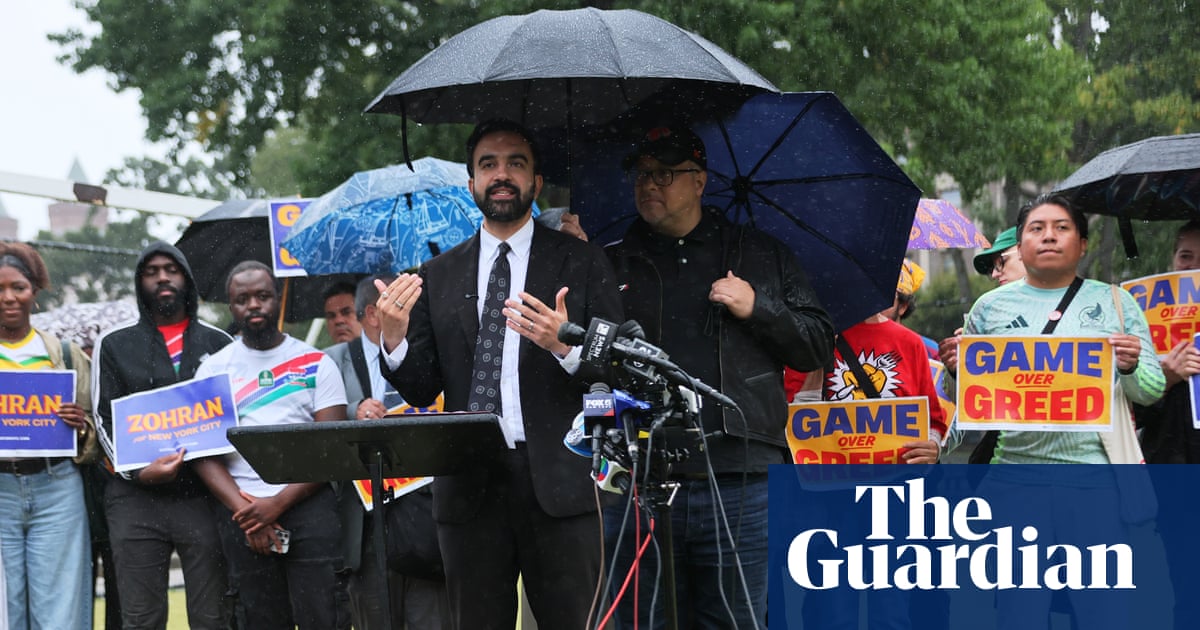The murder of a Colombian model and influencer, now being investigated as a possible femicide, has triggered widespread outrage and renewed criticism of the country’s failure to protect women.
María José Estupiñán, a 22-year-old student, model and influencer from the north-eastern city of Cúcuta, was killed on 15 May. According to the police, the suspect arrived at her house disguised as a delivery man and shot Estupiñán in the face when she opened the door. Surveillance camera footage showed the suspect fleeing shortly afterwards.
“She was a young, enterprising woman with a whole life ahead of her, but those dreams are cut short like the dreams of many women in this country,” said Magda Victoria Acosta, president of the national gender commission of the Colombian Judiciary.
Authorities later confirmed that Estupiñán had previously been a victim of domestic violence, and that preliminary investigations point to a possible femicide, the intentional killing of women and girls because of their gender.
“It could be a case of femicide, since she filed several complaints for domestic violence in previous years, but that is a matter of investigation,” said Col Leonardo Capachoof the Cúcuta police.
Estupiñán had previously reported her ex-partner for domestic violence, according to women’s rights lawyers. The day before her death, a judge reportedly ruled in Estupiñán’s favour, ordering the abuser to compensate Estupiñán with 30m pesos, approximately $1,554.
Activists say the Colombian state is implicated in the crime. Alejandra Vera, director of Cúcuta-based feminist collective Woman, Speak Out and Move It, said the murder was “preventable” but that the “state fails to act”.
“The brutal murder of María José is the result of a system that normalises violence against women,” said Vera. “Colombia is facing a pandemic of femicides – every 28 hours, a woman is a victim. Each crime reflects a systematic pattern of impunity and state negligence.
“María José, like thousands, did what the system demands: she reported the crime, presented evidence, and asked for help. But the state let her die,” said Vera. “There are no effective protection orders, no follow-up care for abusers, and no shelters with the capacity. Women are left completely unprotected, and the perpetrators know it.”
Femicide does not refer to any homicide of a woman, but rather to the murder of women for their gender.
According to the Colombian Observatory of Femicides, femicides in the South American nation reached a seven-year high in 2024, with 886 recorded. The NGO said that up until March 2025, 207 femicides had been reported. Figures vary, however, with the attorney general acknowledging 640 cases by November 2024.
Human Rights Watch has previously warned that gender-based violence in Colombia “is widespread” and that perpetrators are “rarely held accountable”.
Vera said that laws exist to protect women in Colombia, “but they are dead letters”. According to Woman, Speak Out and Move It, the police lack staff and resources, prosecutors are not trained to investigate gender-based violence, and repeat offenders are not monitored. Meanwhile, the National Women’s Network NGO said that 73% of femicides in Colombia between 2021 and 2023 went unsolved.
Estupiñán’s killing as been compared to the 13 May shooting of 23-year-old influencer Valeria Márquez in Mexico, who was killed when livestreaming at a salon. The Mexican state prosecutor’s office has said it was investigating the crime as femicide.
Women’s rights activists are now calling for marches in Cúcuta and Bogotá to demand justice for Estupiñán.
At her funeral this weekend, a family member said: “María José, life for you was a wonderful journey, but very short. Fly, fly very high, majo.”

 3 months ago
48
3 months ago
48
